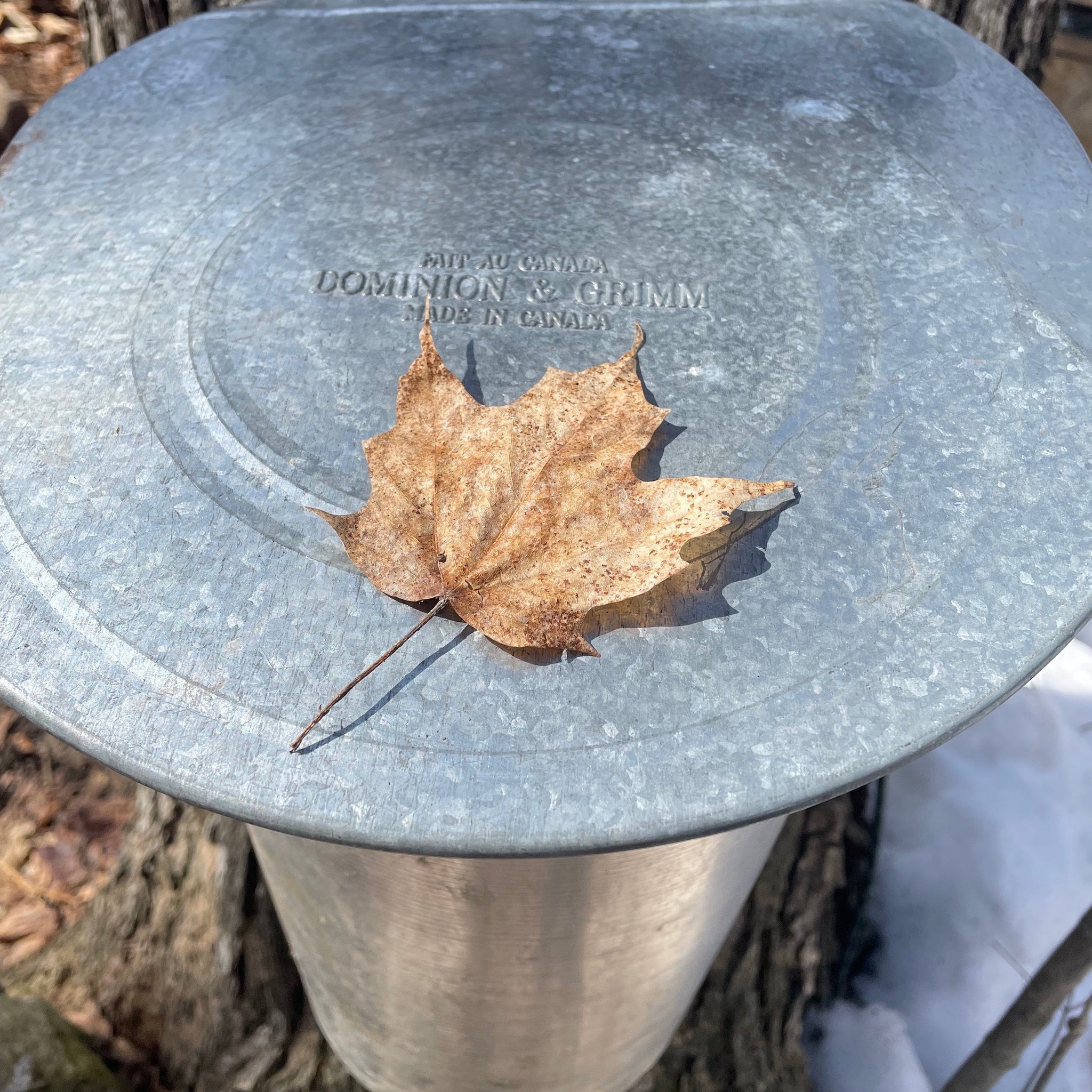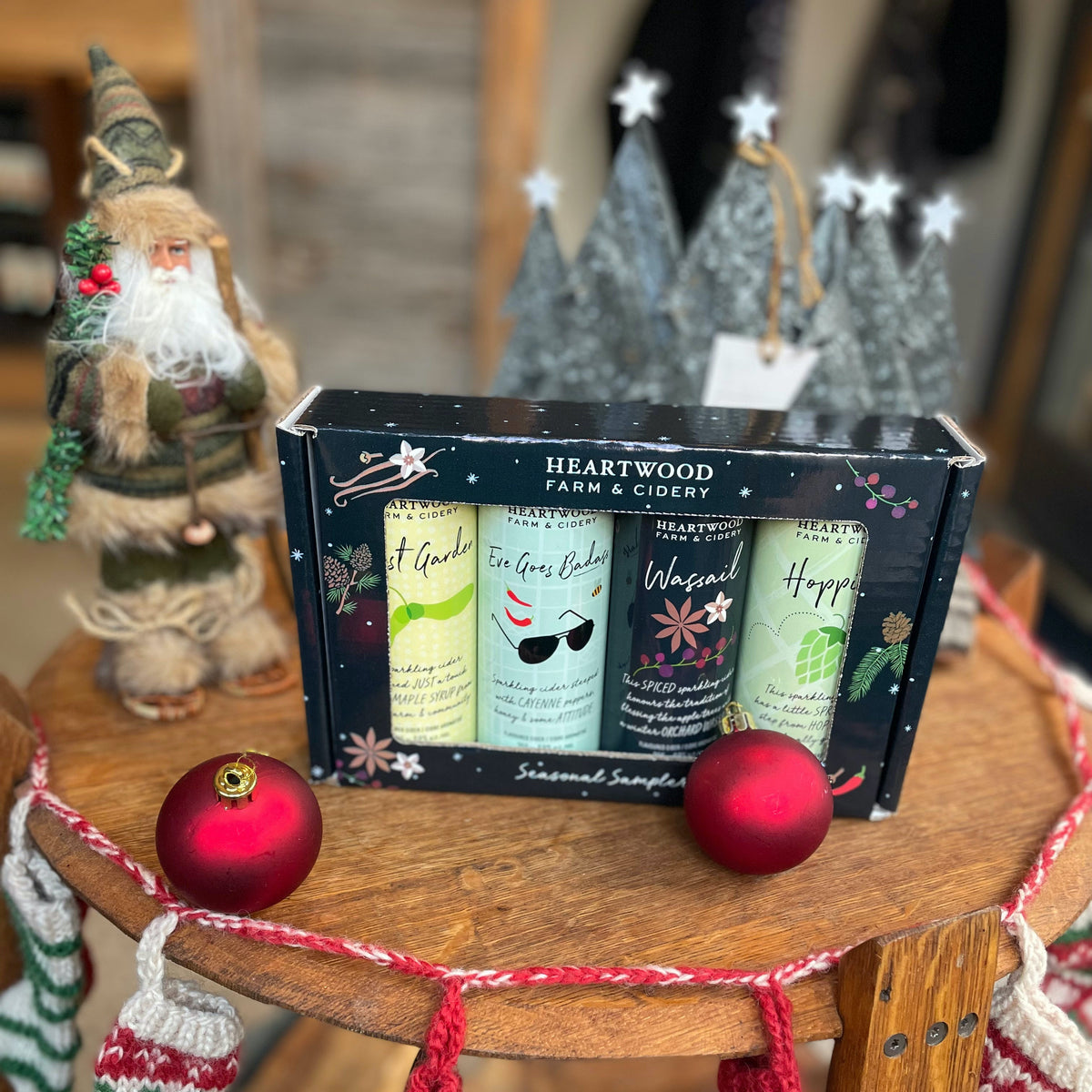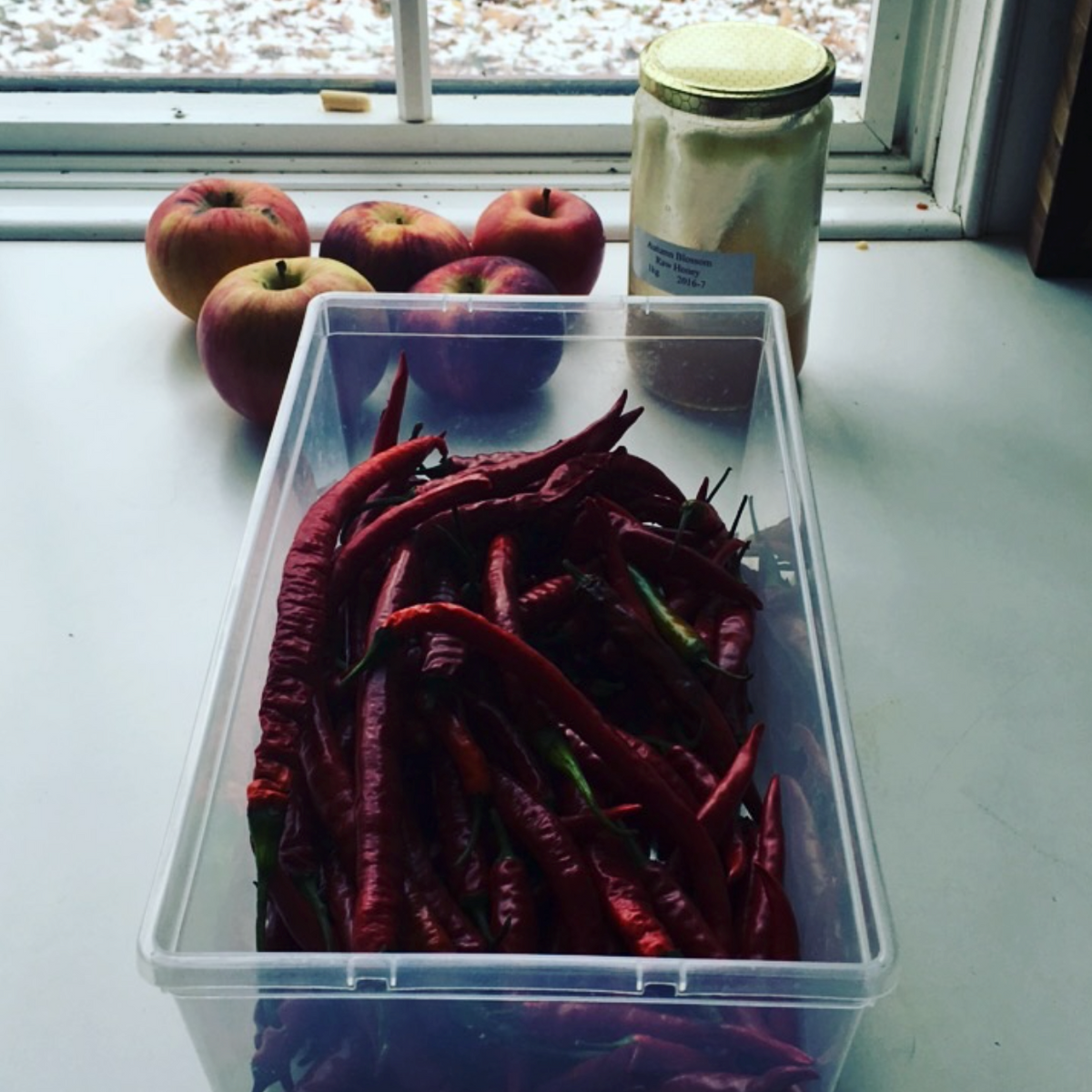What a time to be a friend of the United States

What a time to be a friend of the United States. While many nations are reeling from the upending of national relationships that have been stable and productive since World War II, for Canada, it’s been the threat, and now the reality, of tariffs that has kept us unnerved. And the backdrop - the constant, menacing tirade of references to our “governor” and our future as the “51st state” very literally add insult to injury.
The small beverage company I started seven years ago doesn’t sell products in the United States so we won’t be hit with import tariffs; however, we make beverages that go into cans made from aluminum that crosses the border once as raw material, and then back again as manufactured cans. Those cans, once the product of a mutually beneficial trade relationship, may now be tariffed in both directions.
Or maybe not. The Trump administration’s plans are as opaque as its motivations are capricious, changing by the hour it seems. Which has the effect of keeping our whole nation fixed in a state of high anxiety. As the saying goes: With friends like that, who needs enemies?
What does the word “friends” mean when referring to national relationships? Does it describe a particular diplomatic posture, or is it more of a whimsical idea? Is there something about that friendship that goes beyond the agreements, accords and treaties they forge? Or is the friendship of nations merely the sum of those things - nothing more, nothing less? Can nations even be friends?
The complexity of national relationships defies easy answers to those questions, but as with personal friendships, I think that friendly nations must take some satisfaction in each other’s successes and unfolding prosperity. It’s not that they would subordinate their own interests during negotiation, but they understand that the best agreements are win-win. I even imagine that diplomatic negotiators might feel the other side’s delight when a negotiation settles into a zone of mutual benefit.
But friendships have boundaries that are sustained by respecting and honouring each other’s unique place in the world. Despite being in many ways very similar to our neighbours to the south, Canadians decidedly and emphatically don’t want to become the 51st state. Our differences are important, critical, and defining of our national identity, and it’s been interesting to hear Canadians talk lately with heightened patriotism about what makes our country unique, special and worth protecting.
In fairness, Canada has struggled in recent years under the weight of its traditional values. Health care, once sacrosanct and defining of our national identity, has become strained. Values of multiculturalism, plurality and tolerance have frayed under the pressures of rapid population growth. The pandemic drove schisms through our communities as we strove to balance personal freedom with common good during a time of unprecedented distress. And we’ve been coming to terms with the dark underbelly of our history as experienced by Indigenous peoples.
Not perfect.
But underneath our imperfect history, I believe, is a fabric of durable values - we care about each other, we care about our world, we care about our children’s futures. We care about our friends and are hurt and saddened by the egregious treatment we’re suddenly receiving at the hands of our erstwhile best friend.
As Donald Trump continues to malign the integrity, and even the viability, of Canada, we’ve discovered that our Canadian values, frayed edges and all, matter to us. They REALLY matter. And they’re worth protecting. The world needs the example that we can provide - that of a nation that stands up for itself, as it creates the conditions for others to thrive as well.
So if we care about this country, now is the time for conviction. Recent national fervour has whipped up conversations about, among other things, Canadian sovereignty, security, and military readiness. Those conversations have a place, no doubt, but I wonder about simpler issues, like how we’ll feed ourselves in a cold climate. And whether we’ll turn to the business down the road instead of the global tech marketplace that promises you anything, at your door, next day. I wonder what it might look like to fully support the innovation and ingenuity that we are known for. And whether, in the end, we might build an economy that is less brittle and more local. After we recover from the shock of these tariffs, I’m hopeful that we’ll discover the depth of our own resourcefulness and resilience - and discover it in a way that can only be honed by the sharp edge of adversity.
Canada isn’t perfect. But it is - we are - in many ways, an awesome country. In one sense, a country is just lines on a map - lines drawn through history by enmity and alliance, war and concord, give and take. A country is the powerful story contained within those lines. And Canada’s is a worthy story, one that joins people of big hearts and powerful imaginations. Resilient people, generous and gracious people.
Oh, and good hockey players too - the best in the world, it turns out.
Leave a comment
Comments will be approved before showing up.
Also in Emergent Threads

More than just a Gift Package



Brent Klassen
Author